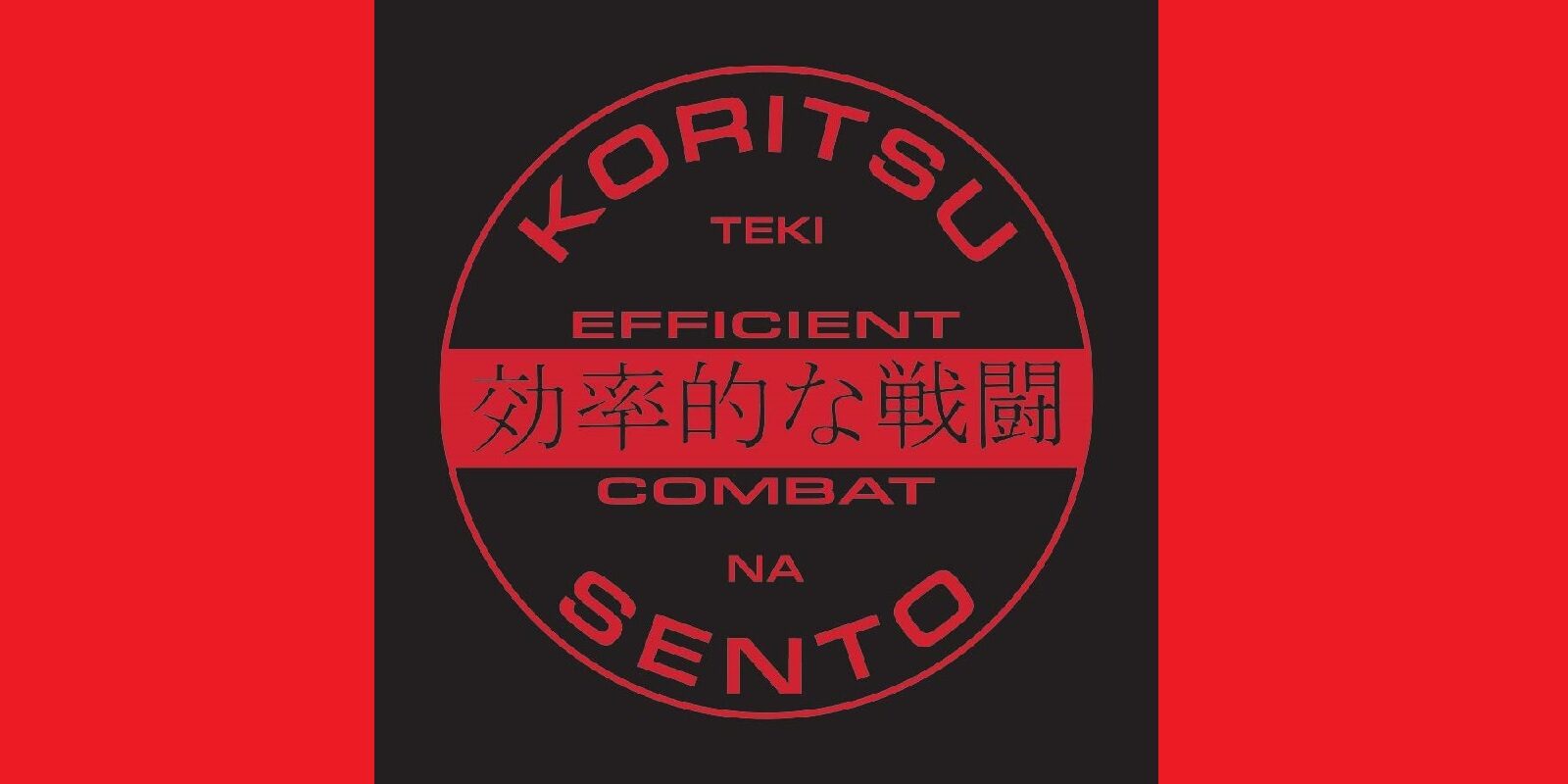June 02 | 2022

The Kenpo Creed was originally penned by Grandmaster Ed Parker for American Kenpo practitioners. Since then, it has been assimilated by other martial arts and used as their creed as well. As with many things we say regularly, we frequently recite them mindlessly and rarely take the time to digest and embrace the true message behind the words. Before delving into what the pledge means to us in today’s world, let’s take a moment to review the Kenpo pledge verbatim.
The Creed:
“I come to you with only karate, empty hands. I have no weapons, but should I be forced to defend myself, my principles or my honor, should it be a matter of life or death, of right or wrong, then here are my weapons, Karate; my empty hands.”
Now that we have reviewed the pledge, let’s take a deeper look.
“I come to you with only karate, empty hands.”
This refers to how we approach any given person on any given day. We live each day with the goal of peace. People and situations are to be met with serenity and calm. Karate literally translates as “empty hand” as is further clarified immediately following within the pledge. This reinforces that we hope our presence is seen as a positive meeting and not misunderstood as an aggressive encounter. Depending on the situation, we prefer to literally or figuratively extend our open hand in greeting.
“…I have no weapons…”
The desire for peaceful encounters is further elaborated on by specifying “I have no weapons,” I do not take this literally. The reason being, as seen later, we refer to our hands themselves as weapons. Instead, I take the meaning of “I have no weapons” as a way of showing how we carry ourselves and what we present to others in any given situation. We take reasonable steps to avoid physical conflict by adhering to this approach. At this point however, we must clarify within our own mind that there is indeed a line that must not be crossed. The question we must ask ourselves is: Where is that line?
“…but should I be forced to defend myself…”
Obviously, if someone physically attacks us, they have crossed that line and we must defend ourselves. There is no other reasonable option. However, it’s not unless we are “forced to defend” ourselves through physicality that we must move beyond the “empty hands and no weapons” portion of our pledge of how to live as a Kenpoist. So, beyond obvious personal physical attacks, what are the reasons we may be forced?
“…my principles or my honor…”
Over the years, one of my instructors told me to consider situations ahead of time and decide what level of force I would be willing to use to defend myself or others in different situations. This is sage advice. You might be wondering why? Allow me to clarify. If the moment arises, you must not be in your head mulling over what to do. You must act with decisiveness. This is why I strongly recommend you take the time to determine what your true guiding principles are and what you are willing to do to adhere to them. For instance, let’s assume that you don’t believe a person should assault a senior citizen. This being the case, decide today at what level you would intervene should you see this happening.
When it comes to “honor” we must tread carefully. An excellent book, “Living the Martial Way,” discusses honor in detail. I highly recommend reading it and coming to your own understanding of honor. That said, I’m not going to pretend to tell you how you should define “your honor” in every possible circumstance. I will instead just say that we all must pay special attention to make sure we are not mistaking what we may call “honor” with our ego. Honor is much bigger than any one of us individually or another’s perception of us and is to be defended, when necessary, selflessly.
“…should it be a matter of life or death…”
This is a much simpler decision to make that goes back to the original example of someone physically attacking you. If you find your life or that of another person is at risk and you can help, then using whatever means necessary to defend yourself or others makes perfect sense.
“…of right or wrong…”
I have found that these words tend to be a bit more ambiguous and open to interpretation. For instance, if you see someone stealing a candy bar, you know that is wrong and convincing them to put it back would be right. However, beating up a thief that has stolen a $1.50 piece of chocolate is not necessarily the right thing to do. This again goes back to mentally working through many scenarios in your head before they become a reality and predetermining your reactions with a cool and collected mind.
What severity of action requires your physical reaction?
“…then here are my weapons, Karate; my empty hands.”
Should a peaceful resolution be off the table and your hand be forced, then you must make use of the skills you have honed over your years of preparation. As mentioned before, take the time now to decide what level of response is necessary for as many different scenarios as you may possibly face.
I hope that this discussion has given you some insight and made you rethink your Kenpo creed or the guiding creed that your martial art employs. Whatever you take from this article, please remember that physical force is always the last resort of the true martial artist.
Salute,
Ian Lauer
2nd Degree Black Belt American Kenpo
1st Degree Black Belt Tae Kwon Do
1st Degree Black Belt Coszacks Karate
